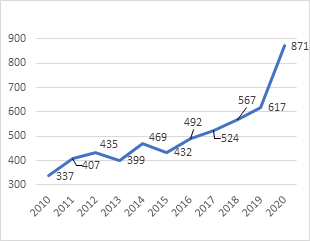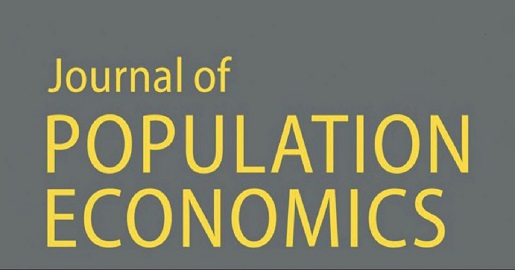A new paper published ONLINE FIRST with free READ ACCESS reveals that girls are mostly unaffected by peers from disrupted families, while boys exhibit more school problems in adolescence and higher arrest probabilities, less stable jobs, and higher probabilities of suffering from financial stress as young adults.
The Global Labor Organization (GLO) is an independent, non-partisan and non-governmental organization that functions as an international network and virtual platform to stimulate global research, debate and collaboration.
Short-run and long-run effects of peers from disrupted families
by Ziteng Lei
Published ONLINE FIRST 2021: Journal of Population Economics
FREE READ LINK: https://rdcu.be/ciWuz

Author Abstract: I study the short-run and long-run effects of exposure to peers from disrupted families in adolescence. Using the National Longitudinal Study of Adolescent to Adult Health (Add Health) data, I find that girls are mostly unaffected by peers from disrupted families, while boys exposed to more peers from disrupted families exhibit more school problems in adolescence and higher arrest probabilities, less stable jobs, and higher probabilities of suffering from financial stress as young adults. These results suggest negative effects on non-cognitive skills but no effect on cognitive skills, as measured by academic performance. The dramatic increase in family disruption in the USA should thus receive more attention, as the intergenerational mobility and inequality consequences could be larger than anticipated as a result of classroom spillovers.

EiC Report 2020
Journal of Population Economics
Access to the recently published Volume 34, Issue 2, April 2021.
Workshop presentation of key articles with full video.
LEAD ARTICLE OF ISSUE 2, 2021:
Measuring gender attitudes using list experiments
by M. Niaz Asadullah, Elisabetta De Cao, Fathema Zhura Khatoon, and Zahra Siddique
OPEN ACCESS: Free Readlink – Download PDF
Ends;

